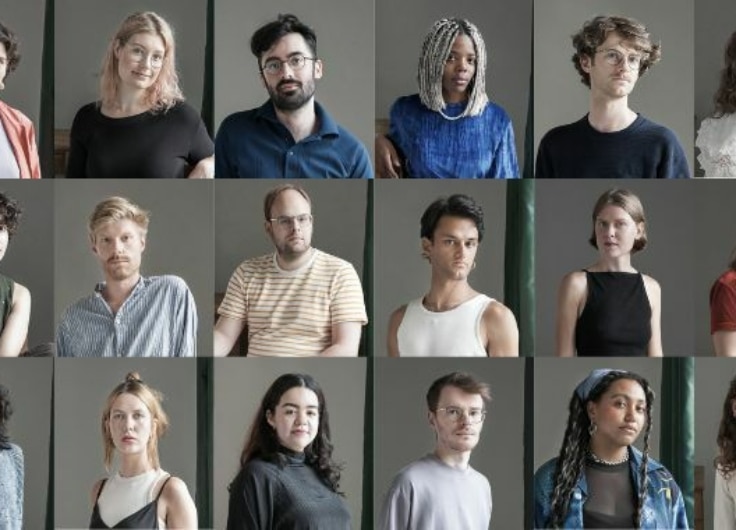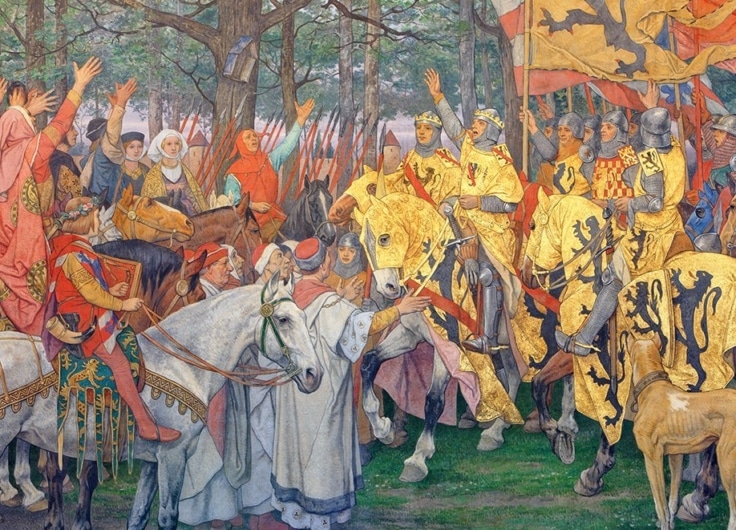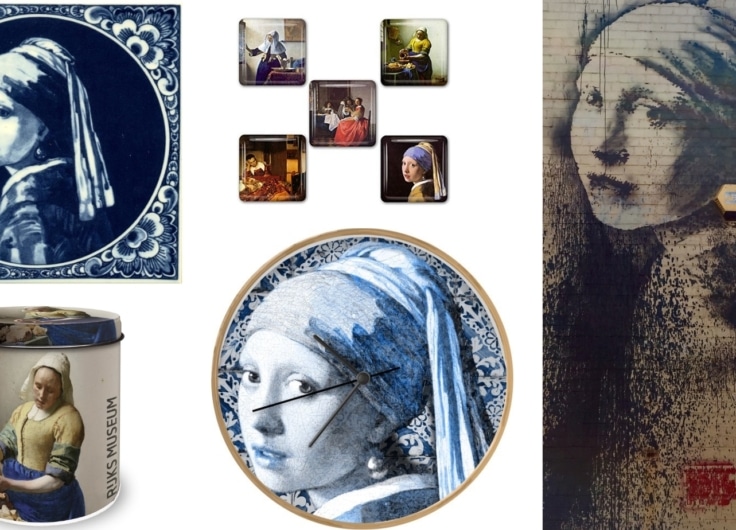Our Top Language Stories of the Year
Join us in bidding goodbye to 2023 with some of the most surprising stories we have published on the Dutch language this year. They are worth reading again. Sit down by the fireplace. Relax with a glass of wine and enjoy the stories.
There Is More to the Cow’s Voice Than Just Moo
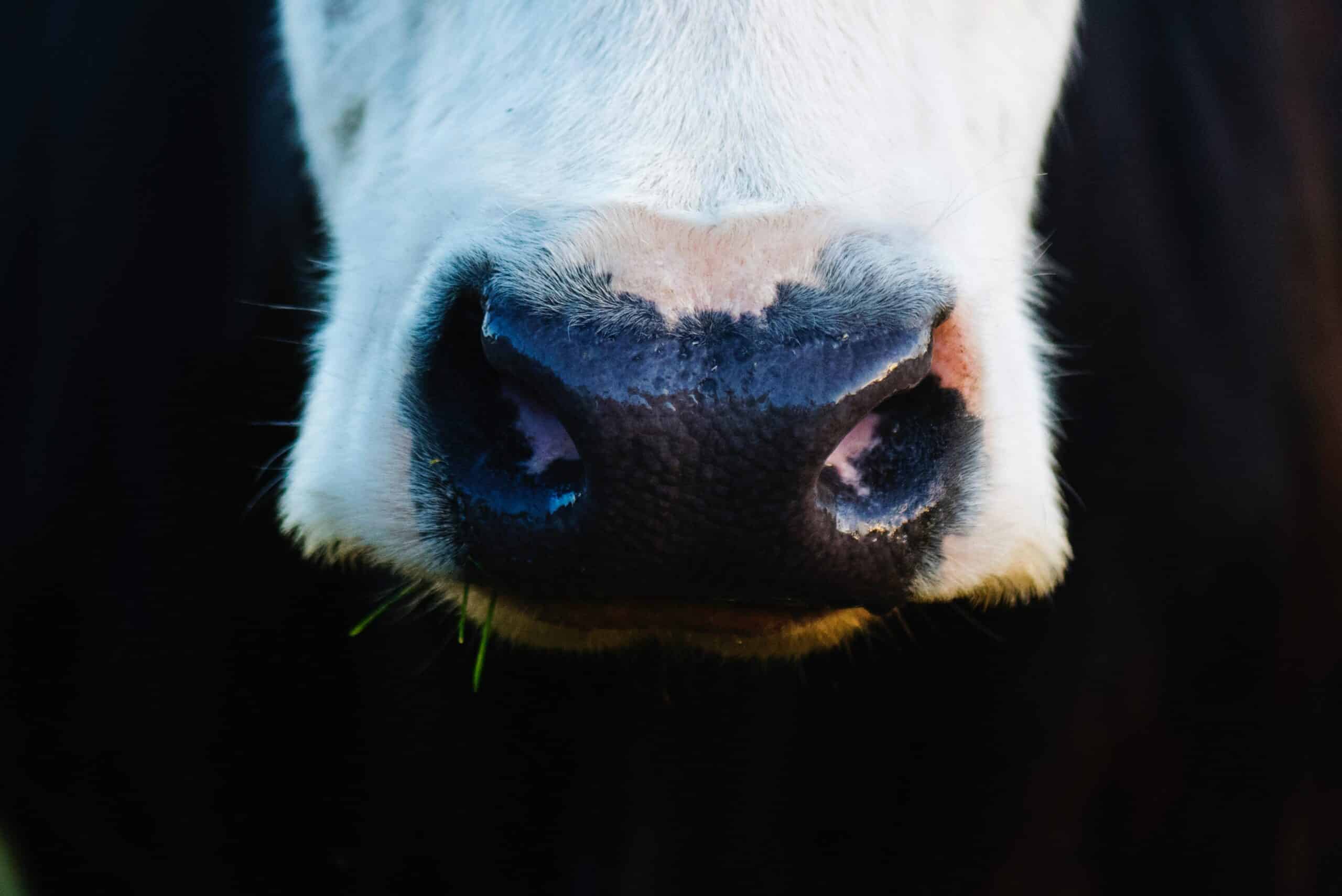
© Pexels / Kat Smith
Dairy cows are not merely suppliers of dairy products to supermarkets; they are social beings that communicate with each other and with humans. However, sociolinguistics has paid little attention to this kind of interaction. Leonie Cornips aims to shed light on this through her language research on cows.
Thingy
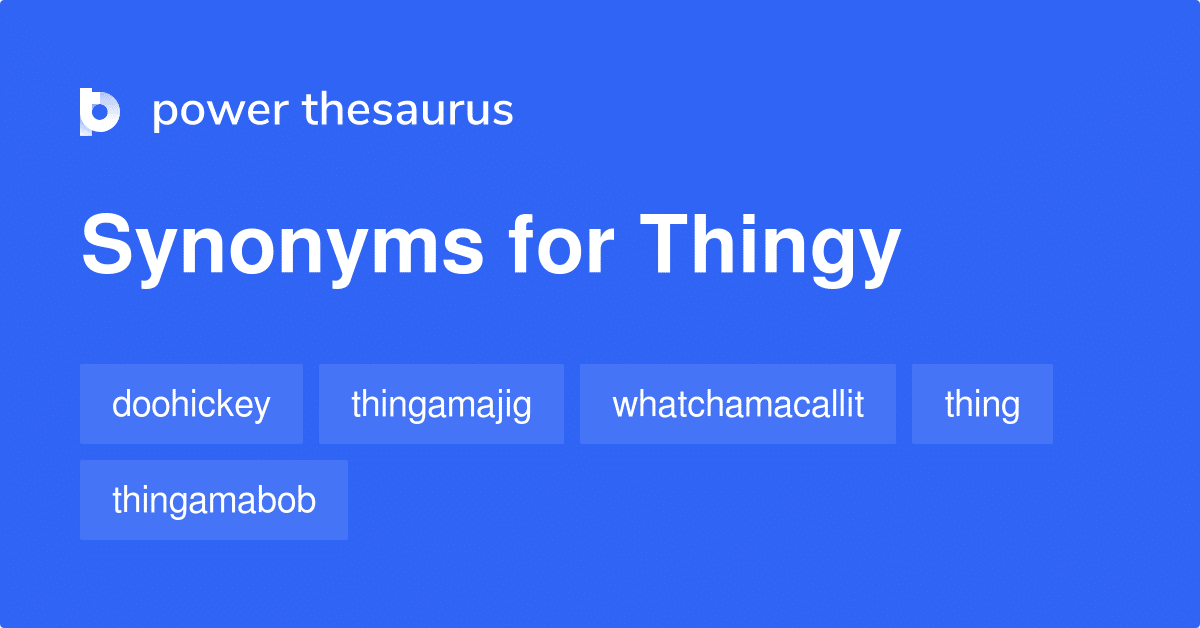
There is something you should know about the word thingy (dinges in Dutch). It refers to something, but what it represents is at the same time unknown. So how come this yet seems to work, linguist Marten van der Meulen wonders.
Courses in English at Our Universities?

© Ghent University
The increasing anglicization of higher education in the Netherlands and the need for Flemish universities to be less limited in their choice of English are issues that are as controversial as they are topical. Especially in the north, the arguments fly back and forth. It is no accident that ‘gone overboard’ seems to be the words most often used when it comes to any discussion of the role of English at universities and colleges.
Why the Final Word on Gender and Language Is Not Yet Said
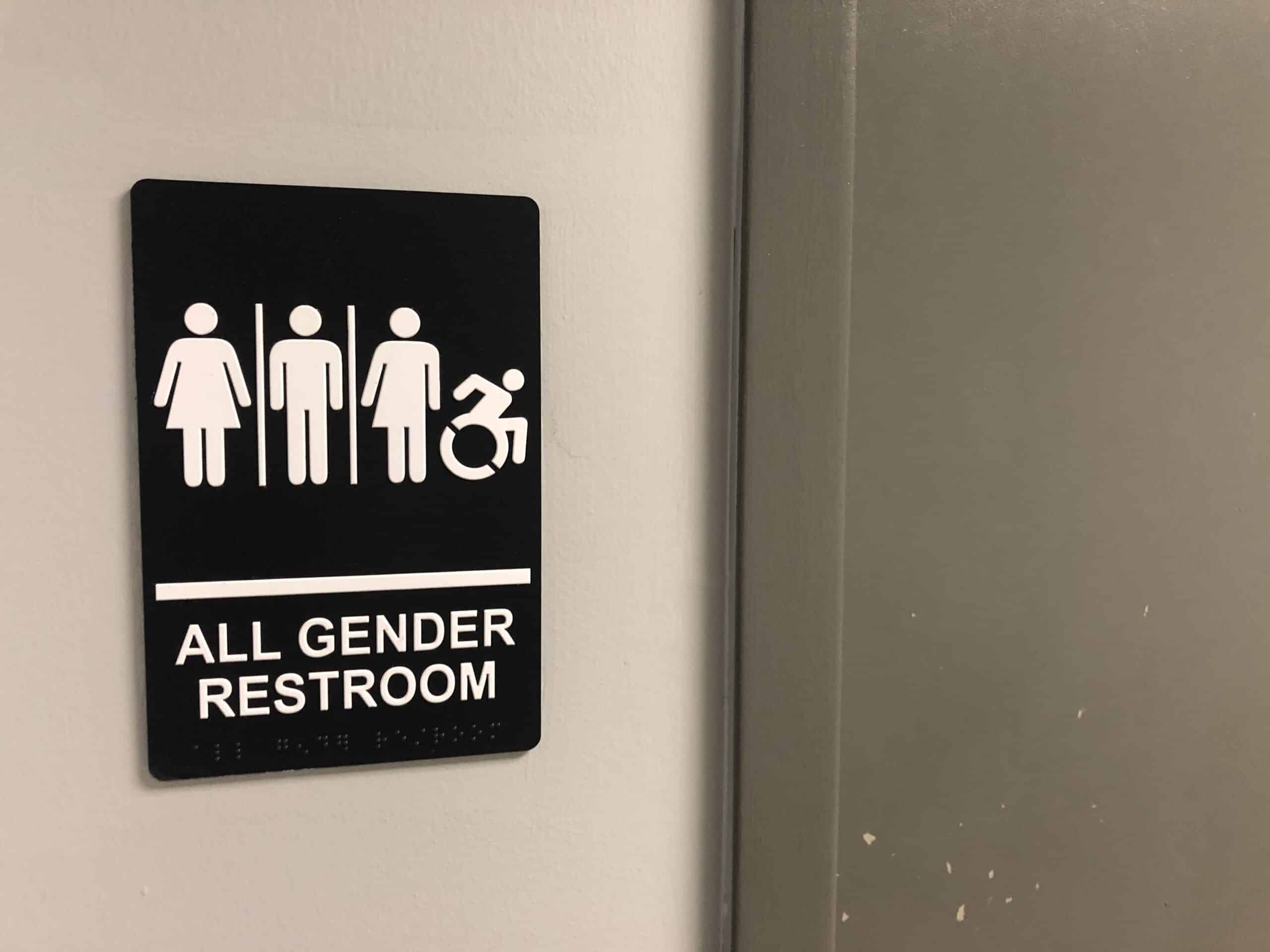
© Shutterstock
In 2022, the Dutch Language Union published a set of language recommendations on gender-sensitive language. In doing so, they were responding to an influx of questions to language advisory services. What we now call gender-inclusive language is not a new phenomenon, but an additional layer has recently been added. Where do we stand today in 2023?
Why We Will Never Agree About Dutch
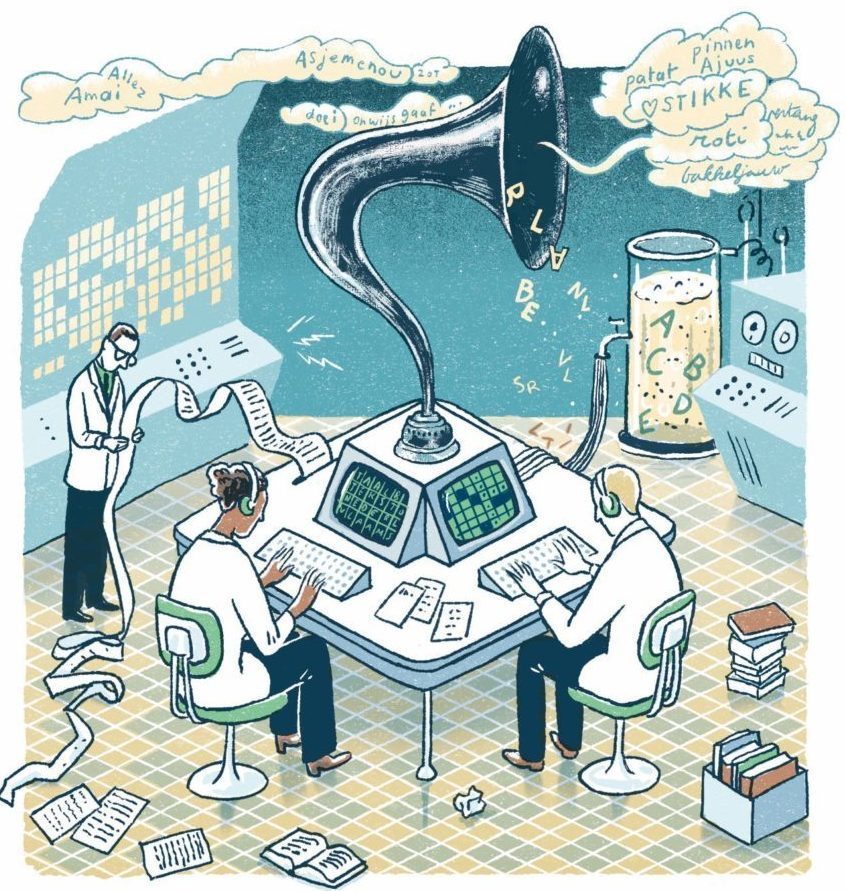
© Stijn Felix
Dutch is a multicentric language, that is the consensus propagated by the Dutch Language Union and others. We all speak Dutch, but some of us speak Belgian Dutch, others Netherlandic Dutch, and still others Surinamese Dutch. Linguist Marc van Oostendorp exposes that consensus as a political construct. So, what does that mean for Dutch and the idea of a standard language? How differently do the various countries and regions view our language?
Continue reading
More language stories
The Dutch Language in 2050?
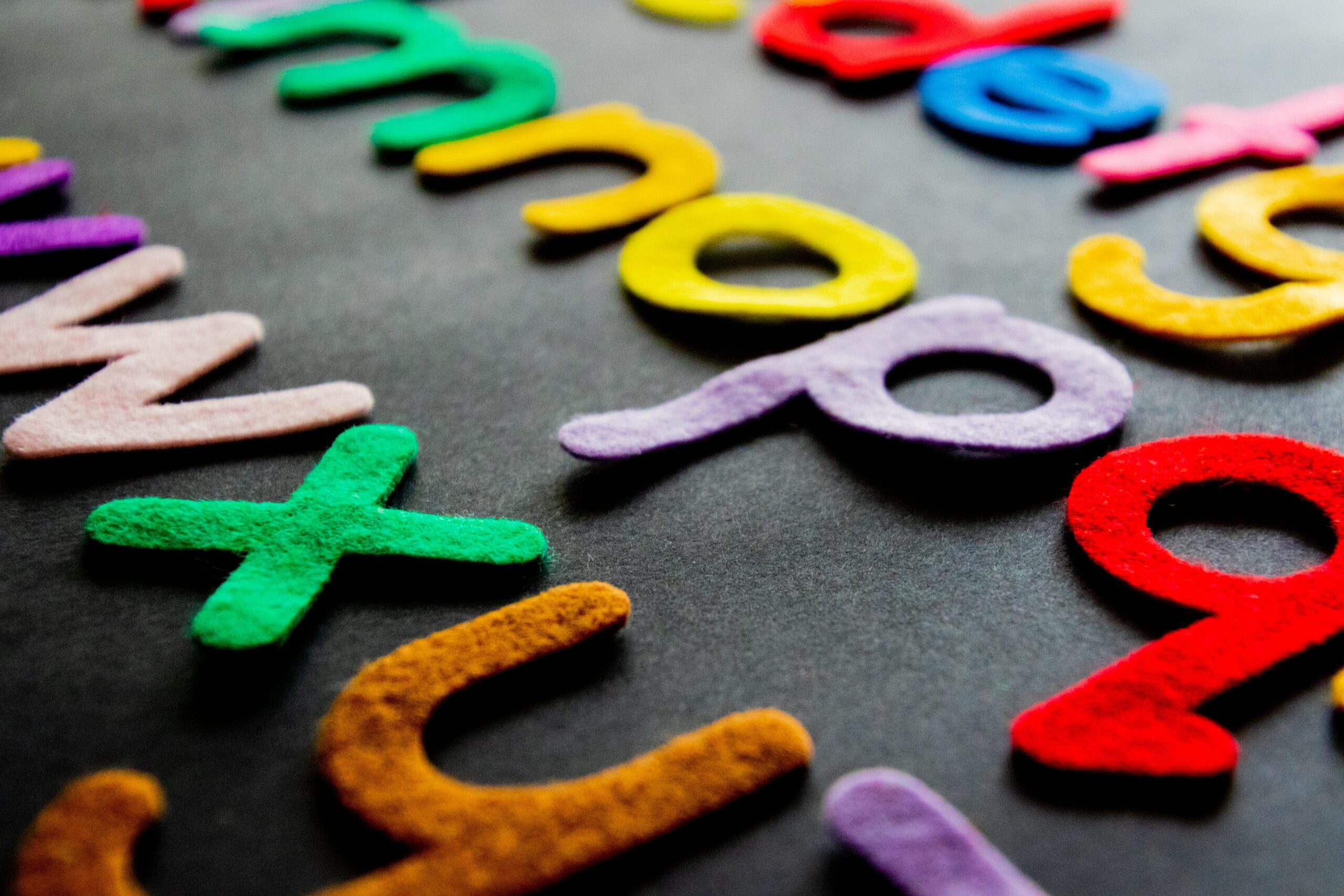
© Pexels / Magda Ehlers
Will the Dutch language still exist in the future? Linguist Marten van der Meulen addresses this question, as we specified, in the book The Low Countries in 2050: A Past with a Future. His response, written as if it’s already thirty years later: “Let’s discuss Dutch, considering its plural form.”



